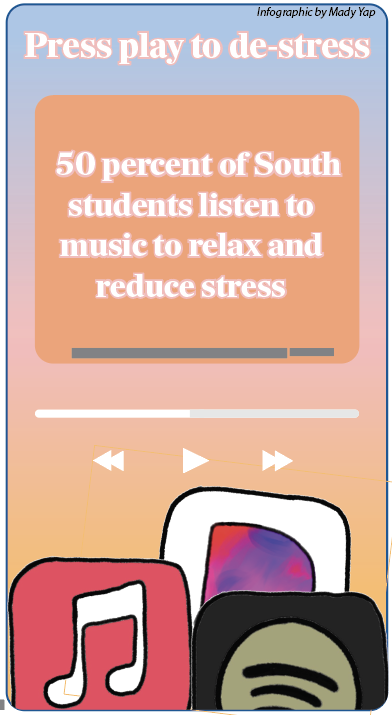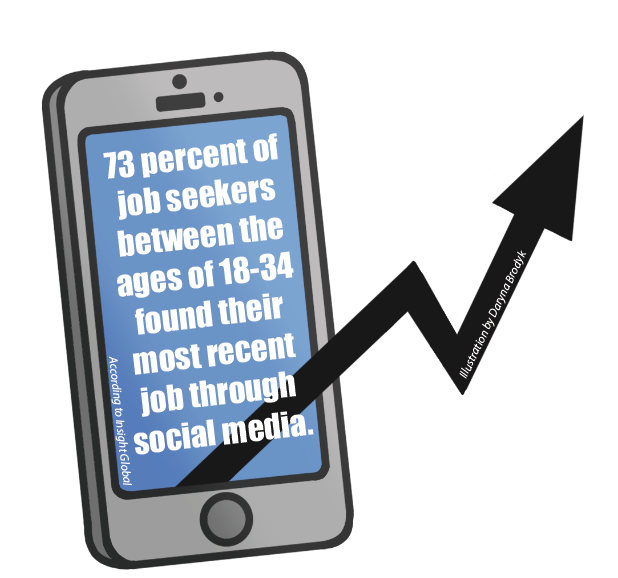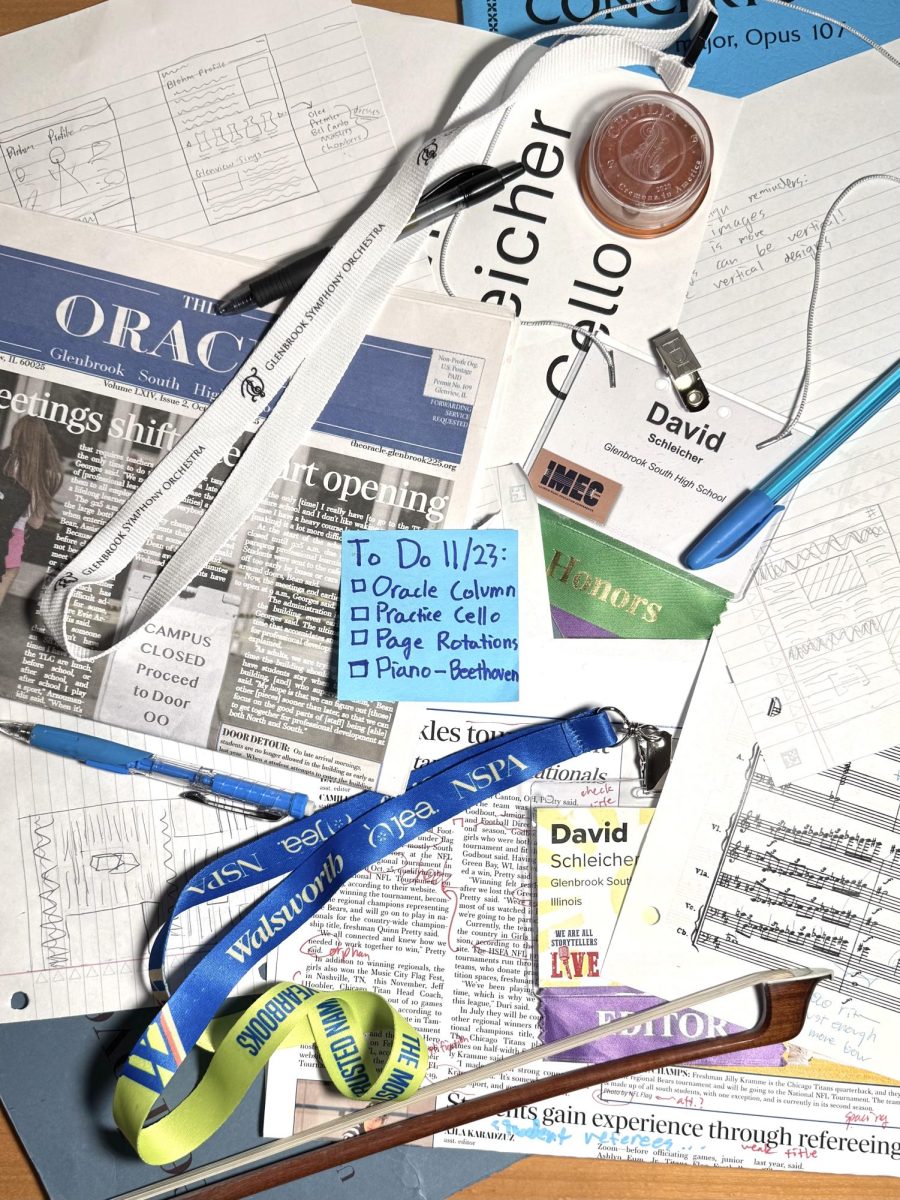It seems simple: take this pill and you will focus better, you will be more productive and you won’t be slowed down by exhaustion or distraction. Although relieving some of the pressures of adolescent life with a drug such as Adderall sounds enticing, the Oracle Editorial Board urges students who have not been formally diagnosed with Attention Deficit Hyperactivity Disorder (ADHD) to either stop taking it or reject the idea from the start.
Adderall is an amphetamine psychostimulant most commonly used in the treatment of ADHD to improve attention, hyperactivity and disruptive behaviors. According to an Oracle-conducted survey of 328 students, 65 percent of students at South either take or know someone who takes some sort of attention-enhancing drug.
As the stimulant was only approved by the FDA in 1996, Adderall abuse wasn’t a problem for our parents’ generation. ADHD diagnoses have risen to more than one in seven children in the United States, 70 percent of whom are prescribed drugs like Adderall or Ritalin, according to the Center for Disease Control and Prevention. The commonality of the diagnosis and the prevalence of the drug in the pockets of teens makes it easier for the undiagnosed to find a source to buy it from.
What might appear as a quick-hit strategy to get through five hours’ worth of ACT testing or five days of finals studying has a slew of side effects and potential consequences that students should consider carefully before popping those pills.
Adderall is the most common ADHD medication despite the listed physical side effects: headache, stomach ache, trouble sleeping, decreased appetite, nervousness and dizziness. South students who have used Adderall, either bought using a prescription or illegally, reported feeling social anxiety, like their personalities have been muted, after taking the drug (see page 11 for the full story).
For people with ADHD, the benefits surpass the side effects. But for people who illicitly use the drug, the danger of those side effects should certainly not be overlooked because ultimately, health should be prioritized over academics, athletics or any part of their lives that students use Adderall to excel at.
Aside from the physical danger, students should understand the potential legal consequences to unprescribed Adderall use. Adderall is classified by the Drug Enforcement Administration (DEA) as a Schedule II drug, the second most restrictive schedule, because it has a high potential for abuse. Although the potential for abuse is not as high as for Schedule I drugs such as heroin, LSD or marijuana, Adderall has the same punishment as many Schedule I drugs: the possession of any weight of the substance could result in a one to five million dollar fine and up to 20 years in prison for adults over age 18.
For South students under age 18 who are caught in possession of Adderall, Officer Mike Meier said that the punishment will be determined by a judge in juvenile court.
Even more serious are the legal and moral implications for selling Adderall to friends, acquaintances or strangers around school. A potential Adderall dealer must face the choice they’re making head on, weighing the benefit of easy cash with the fact that they’re providing other people with a substance that has the potential to damage them physically and mentally is simply immoral.
Considering the steep punishment, the Oracle Editorial Board suggests that students search for a way to limit distractions using more natural or simply more legal methods.
For students who find it difficult for themselves to listen in class or read for extended periods of time, getting up to walk around briefly, or five to 10 minutes of meditation during work time can revitalize that focus. For shorter periods of time in which concentration is vital for success, such as the ACT or final exams, caffeine used in moderation can stimulate in a similar way to Adderall.
Attentional issues are common, especially in adolescence when academic pressure is on full force and technology is an important part of social interaction and schoolwork, and if you have trouble focusing, it doesn’t necessarily mean that you have ADHD. If you suspect that you do have ADHD, your first stop should be to a specialist, not an Adderall dealer.
The quest for a substance to fix our problems, to make us extraordinary and to allow us to cheat nature is a classic struggle. In Harry Potter, wizards drink unicorn blood to keep themselves alive, but it also puts a curse upon the drinker’s life forever. In Lord of the Rings, the One Ring gives the wearer the powers of invisibility and immortality, but makes them obsessive and spiritually empty.
Although the power of Adderall is not comparable in scope to unicorn blood or an indestructible ring, the lesson is easily applied. Without a diagnosed need for it, taking Adderall is modifying your body and mind in such a way that could ultimately cause you to lose your grasp of yourself.



















